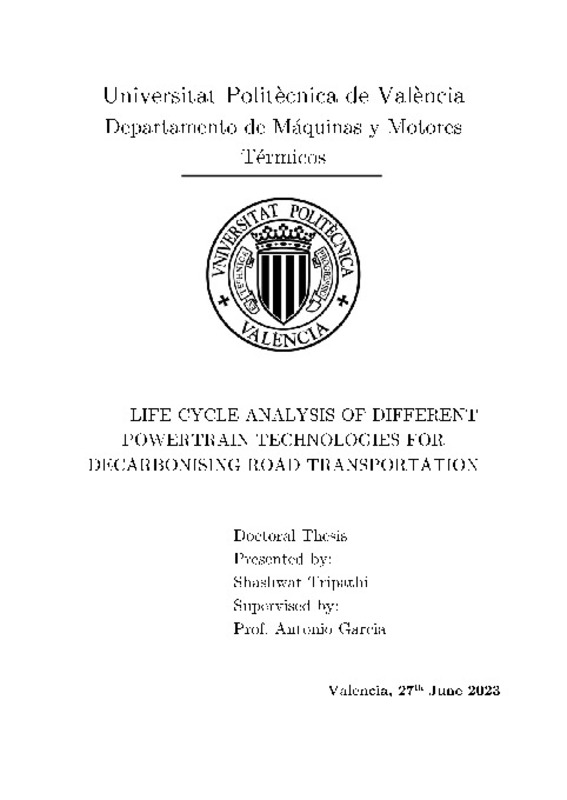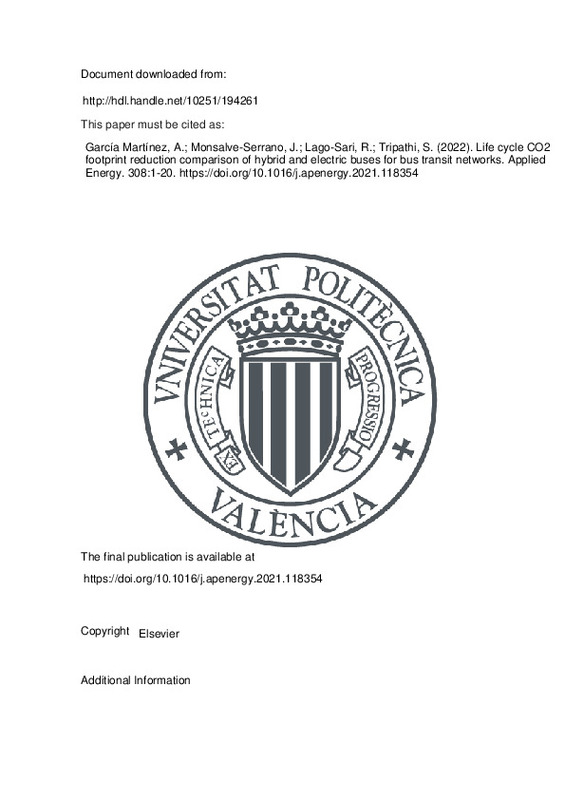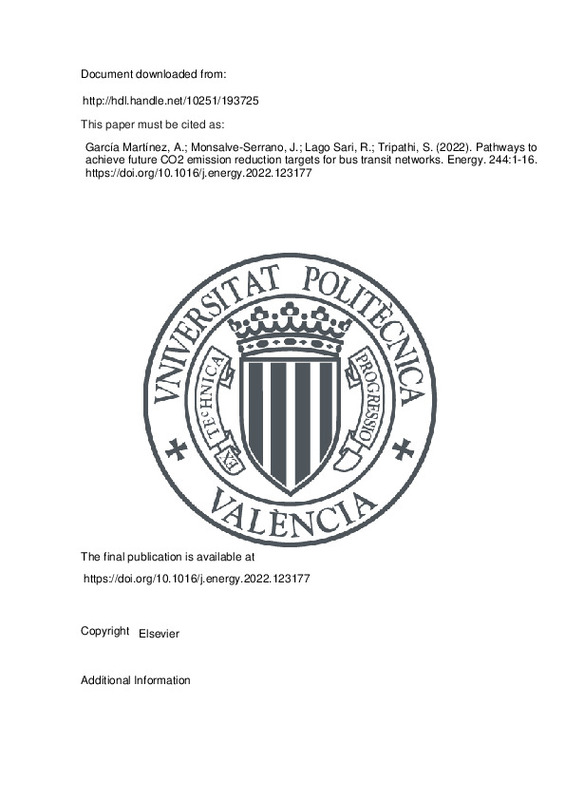

Listar por autor "Tripathi, Shashwat"
RiuNet: Repositorio Institucional de la Universidad Politécnica de Valencia
- RiuNet repositorio UPV
- :
- Listar por autor
JavaScript is disabled for your browser. Some features of this site may not work without it.
Buscar en RiuNet
Listar
Mi cuenta
Ayuda RiuNet
Admin. UPV
Listar por autor "Tripathi, Shashwat"
Mostrando ítems 1-5 de 5
-
Tripathi, Shashwat (Universitat Politècnica de València, 2021-12-23)[ES] La industria del automóvil está regulada por diferentes normativas en todo el mundo por sus emisiones de GEI que salen de los tubos de escape de los vehículos. Recientemente, teniendo en cuenta el objetivo a largo ...
-
Tripathi, Shashwat (Universitat Politècnica de València, 2023-09-06)[ES] Los estudios realizados en el pasado han demostrado que, a pesar de tener cero emisiones del tubo de escape, un vehículo completamente eléctrico tiene emisiones durante el ciclo de vida. El desarrollo tecnológico a ...
-
García Martínez, Antonio; Monsalve-Serrano, Javier; Lago-Sari, Rafael; Tripathi, Shashwat (Elsevier, 2022-02-15)[EN] To control the global warming by ensuring the greenhouse gas emissions reduction of the automotive sector, the standards or norms are getting ever stricter globally, specifically in the past few years. In view of this, ...
-
García Martínez, Antonio; Monsalve-Serrano, Javier; Lago Sari, Rafael; Tripathi, Shashwat (Elsevier, 2022-04-01)[EN] Apart from electric vehicles, emissions targets for 2025 and 2030 in the heavy-duty transportation sector could be achieved with hybrid powertrains. Moreover, alternatives such as the use of synthetic or e-fuels may ...
-
Techno-economic assessment of vehicle electrification in the six largest global automotive markets García Martínez, Antonio; Monsalve-Serrano, Javier; Martínez-Boggio, Santiago Daniel; Tripathi, Shashwat (Elsevier, 2022-10-15)[EN] Recently, many countries have set the target for the automakers to sell only vehicles with zero tailpipe emissions in the future, like in Europe, the United Kingdom, as well as the United States of America, promoting ...
Mostrando ítems 1-5 de 5

Universitat Politècnica de València. Unidad de Documentación Científica de la Biblioteca (+34) 96 387 70 85 · RiuNet@bib.upv.es







